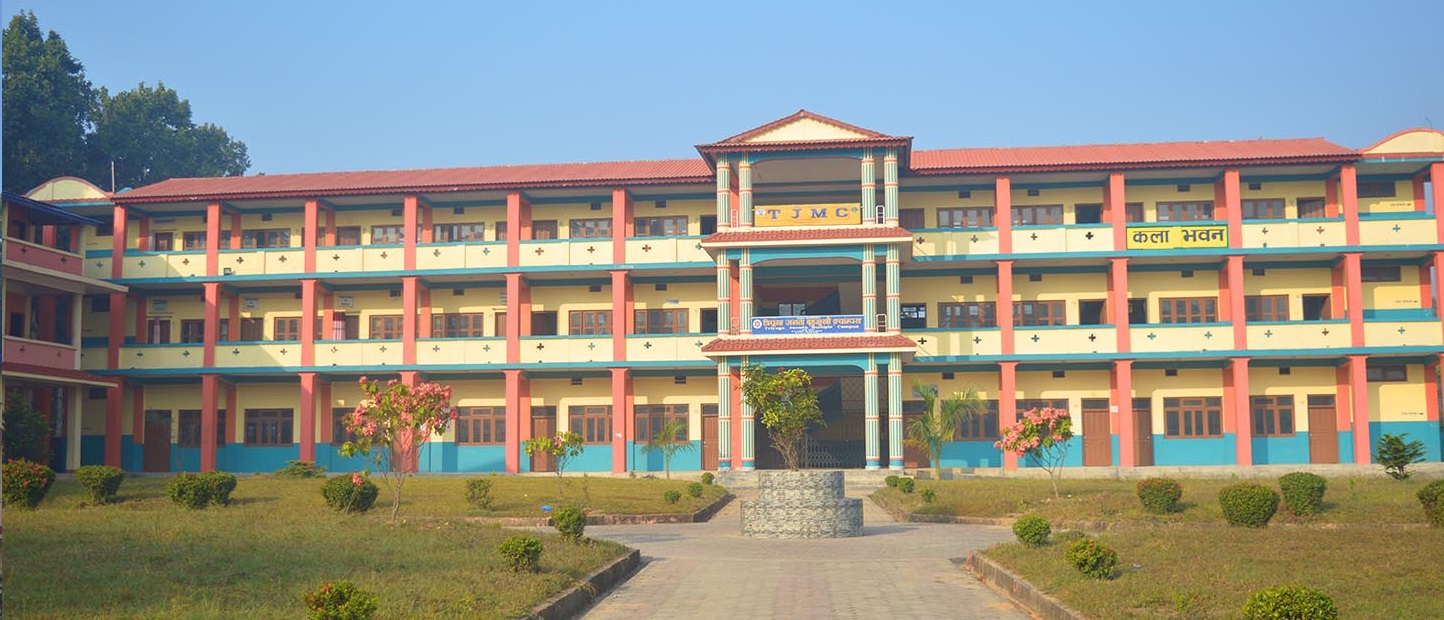Overview
Bachelor of Arts in Social Work (BASW) at Triyuga Janata Multiple Campus
Overview
BASW at TJMC runs under TU’s Faculty of Humanities and Social Sciences and prepares students for entry-level social work practice in Nepal. The program combines theory with supervised fieldwork as specified by TU.

Highlights
BASW spans four years. TU outlines eight papers with compulsory fieldwork, research/report writing, and viva-voce components in different years. Field engagement is documented and evaluated by the campus.
Curriculum Details
TU’s curriculum assigns classroom learning and field practice, including supervised hours in communities or organizations and written reports assessed by the department/campus. Internal evaluation carries weight alongside finals.
Objectives
Students learn to understand social issues in Nepal, apply case and group work methods, and practice ethical documentation. The curriculum introduces leadership and community engagement within defined hours.
Scope
Graduates work with NGOs, local governments, schools, and health/community projects in roles such as outreach worker, case assistant, or program assistant. Many pursue MSW or related master’s programs.
Learning Outcomes
Students demonstrate interviewing, case recording, group facilitation, and community mapping. Reports reflect accurate data collection and reflection on practice.
Skill Development Modules
Field placements, mini-surveys, reflective journals, and presentation of findings to faculty mirror TU’s structure. Exposure to local agencies helps students learn realistic workflows.
Teaching Methodology
TJMC combines lectures with supervised placements and guest sessions in its auditorium. Faculty guide site selection, supervision, and evaluation consistent with TU’s BASW framework.
Admission Requirements
Recent TU guidance indicates +2 or equivalent with second division or CGPA-based criteria (post-2079: D with CGPA ≥1.8 accepted in many TU notices; earlier cohorts follow D+ and CGPA 2.0). Applicants should follow the current FOHSS BASW notice for their session.
Career Opportunities
Typical roles include social mobilizer, school counselor assistant, project assistant, and documentation support in NGOs and municipal programs. Field references gathered during study help graduates transition to work.
Scholarships and Financial Aid
TJMC’s welfare provisions support students from disadvantaged groups based on documented need and academic diligence.
Why Choose This Course?
BASW at a public campus gives structured field practice within TU rules, helping students build a realistic view of social services in Nepal.
Conclusion
The BASW pathway at TJMC links classroom learning to supervised community work, building practical skills for entry-level social sector roles.

















